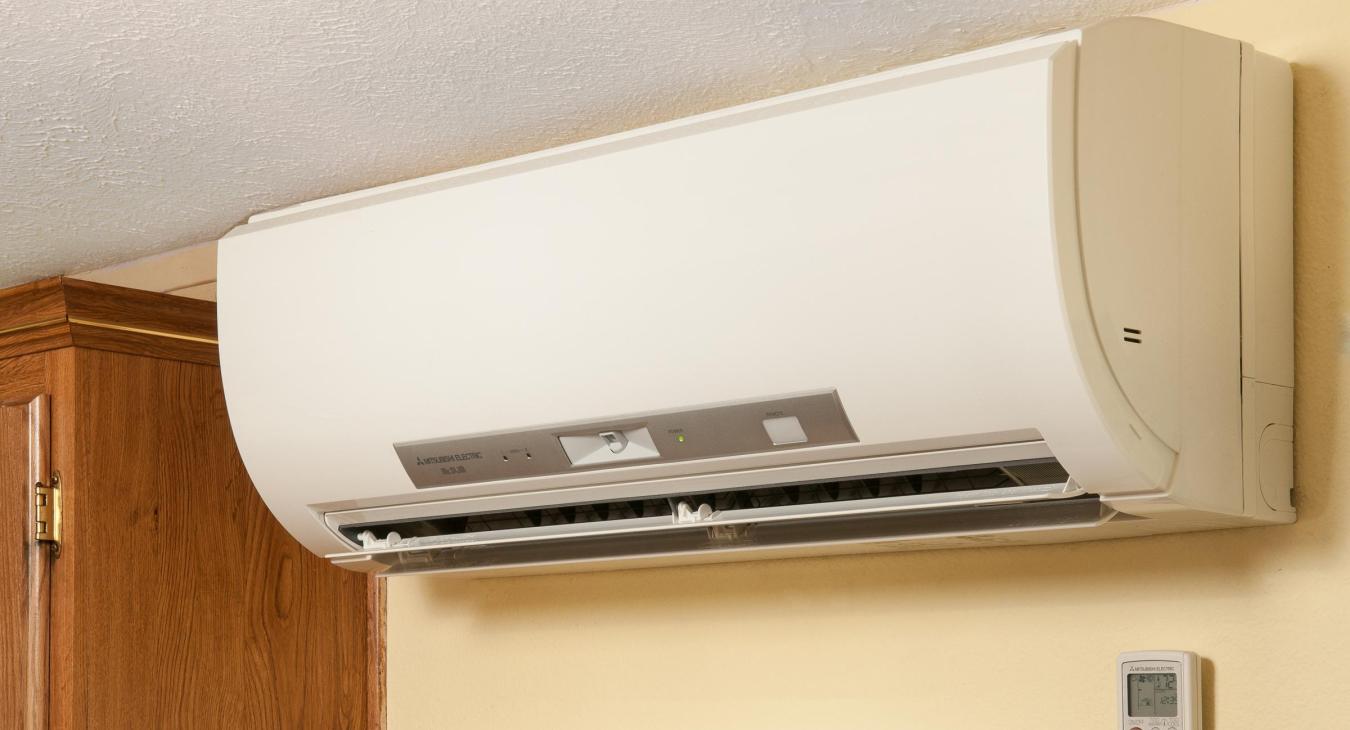By Miranda Boutelle
Heat pumps have been around for decades, and in that time, the technology has come a long way. In my opinion, they could use a rebrand.
The name heat pump does not highlight the benefit of air conditioning that comes with the technology. Heat pumps are highly efficient because they don’t use energy to create heat. Instead, they use energy to move heat—into the home in the winter and out of it in the summer. They typically produce about three times more energy than they use.
The most common types of heat pumps are air source and ground source. Air source heat pumps transfer heat from the outside air, even if it isn’t particularly warm outside. Ground source, or geothermal heat pumps, transfer heat between your home and the ground. With a lower upfront price tag, air source heat pumps are more common.
According to the U.S. Department of Energy, air source heat pumps can reduce heating use by about 65% compared to an electric furnace. They come in a variety of styles and configurations to fit different homes. Air source heat pump technology has been popular in warmer climates for decades. There are now cold climate versions available, too.
Here’s an explanation of how each type operates:
Ducted air source heat pumps are ideal for homes with existing ductwork or homes where ductwork can be feasibly added. Replacing an aging central air conditioning system with a heat pump can significantly reduce heating costs.
Ductless heat pumps, or mini-split heat pumps, also draw heat from the outside air. They are a great solution for homes that do not have existing ductwork.
There are many configurations to suit different home layouts. New options on the market allow for coupling with gas or propane backup heat, which might be a good fit for your home. Ductless heat pumps can be a great option for homes with wood stoves. This can help home air quality, heat the home without gathering wood and provide air conditioning in warmer months.
Geothermal heat pumps transfer heat from the ground to your home. They are even more efficient than air source heat pumps, reducing energy use by 70% to 80%, according to the U.S. Department of Energy. They can also heat water for use in the home, which saves on water heating costs.
From a user experience perspective, heat pumps are a little different because the heat from the register doesn’t feel quite as warm as oil, electric, natural gas or propane heat. That can take a little getting used to, but the efficiency gains and energy savings make the investment worthwhile.
Before buying a heat pump, compare equipment ratings. The higher the rating, the more efficient the equipment. If it is time to replace your heating system, I recommend making the switch to a heat pump to conserve energy and potentially save on your electric bills.
Understanding the Backup Heat Feature
Most heat pump systems are installed with a backup or auxiliary heat for cold weather. This auxiliary heat can be electric coils, gas, propane or oil, which is usually more expensive to operate. This helps keep your home warm on cold days, but you don’t want to use it if you don’t need it.
For some heat pumps, turning up the thermostat too quickly or too high can trigger the backup heat. Typically, your thermostat will display emergency or auxiliary heat when using this feature. Speak to your HVAC technician to ensure your thermostat is set to maximize efficiency.

